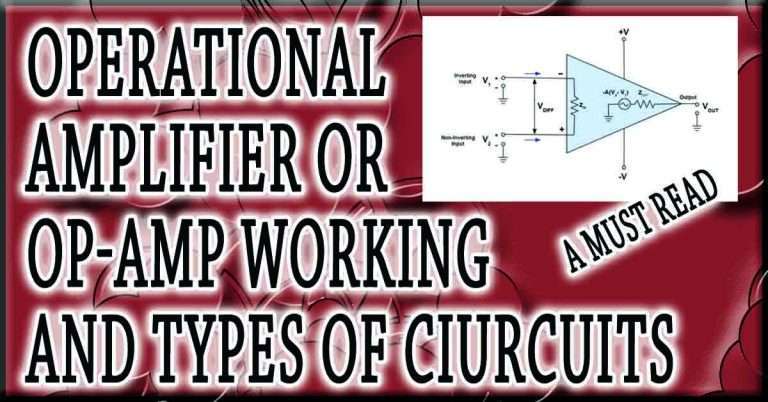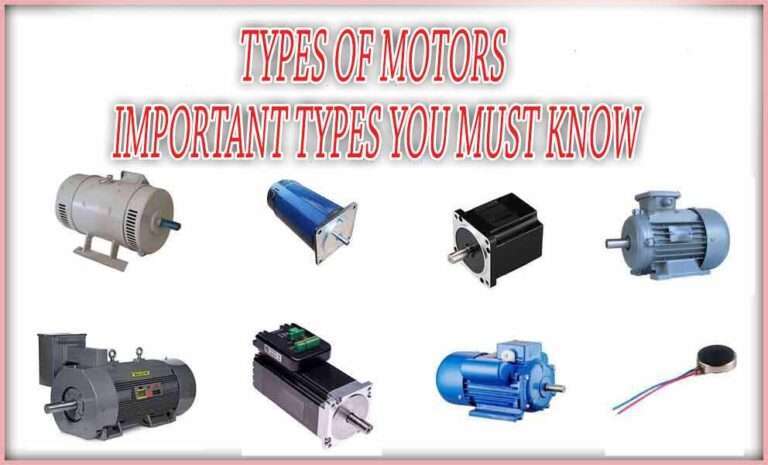Which Mortgage Lenders Accept Solar Panels
Solar panels are becoming more common on homes across the world. They reduce electricity bills, help the environment, and increase home value. But they can complicate mortgage approvals. Many buyers and homeowners often ask: Which mortgage lenders accept solar panels? Understanding how lenders view solar installations is critical when buying or refinancing a home.
When solar panels are leased, financed, or owned outright, each case can affect loan approval differently. Lenders want to know how panels are paid for, who owns them, and if they are attached to the property or the borrower.
Let’s explore this in detail.
Which Mortgage Lenders Accept Solar Panels in the UK and US
Mortgage lenders have different policies. Some are solar-friendly, others are cautious. The main factor is whether the panels are owned or leased. If leased, they might be treated as a liability.
Here is a table showing popular mortgage lenders and their solar panel policies:
| Lender Name | Country | Accept Solar Panels | Conditions |
|---|---|---|---|
| Halifax | UK | Yes | Prefer panels to be owned; lease must meet legal requirements |
| Nationwide | UK | Yes | Panels must be fully owned or lease terms must be reviewed |
| Barclays | UK | Yes | Lease must be transferable; panels should not impact property value |
| NatWest | UK | Yes | Owned panels accepted; leased reviewed on a case-by-case basis |
| HSBC | UK | Yes | Need legal clarity if panels are leased |
| Wells Fargo | US | Yes | Accepts all types; review lease agreement carefully |
| Rocket Mortgage | US | Yes | Prefer owned systems; leased panels need UCC-1 form cleared |
| Bank of America | US | Yes | Panels must not interfere with lien priority |
| Chase Bank | US | Yes | Panels must be appraised with the home |
| Guild Mortgage | US | Yes | Accepts both owned and leased panels; subject to underwriter review |
The answer to which mortgage lenders accept solar panels depends heavily on how the panels are structured in the property transaction.
Why Do Solar Panels Affect Mortgage Applications?
Mortgage lenders consider solar panels as either assets or liabilities. Owned panels can add value. But leased or financed systems might complicate things. Some lenders worry that a solar lease can reduce a buyer’s willingness to pay for a property. Others fear it could interfere with repossession rights.
So, which mortgage lenders accept solar panels without stress? Typically, lenders who are familiar with green energy initiatives handle these cases better.
For instance, if you own the panels outright, most lenders will not have an issue. Problems arise when panels are under third-party leases.
Technical Insight: Types of Solar Ownership and Their Impact
There are three main ways to own solar panels:
- Outright Ownership
Panels are paid for upfront. You own them fully. No complications for lenders. - Financed Ownership
You take a loan to buy the panels. Some lenders ask for proof that the loan is unsecured. If it’s a secured loan (tied to the home), it could affect lien priority. - Leased or PPA (Power Purchase Agreement)
You don’t own the panels. A third party installs and maintains them. You pay a monthly fee. Lenders want to see lease terms and how they impact the title.
This chart shows the ease of mortgage approval based on ownership type:
| Ownership Type | Mortgage Approval Ease | Lender Risk Level |
|---|---|---|
| Owned | High | Low |
| Financed | Medium | Medium |
| Leased/PPA | Low | High |
So, if you’re asking which mortgage lenders accept solar panels, check the type of ownership first.
Which Mortgage Lenders Accept Solar Panels with Lease Agreements?
Lenders like Halifax, Barclays, and Rocket Mortgage may accept leases if they meet conditions. The lease must allow for the transfer of responsibility to a new buyer. There must be no third-party liens on the home.
For example, Rocket Mortgage accepts leased solar panels if the Uniform Commercial Code (UCC-1) filing is released. This ensures the solar provider doesn’t have a claim on the property.
Chase Bank looks at whether the panels are considered in the property’s appraisal. They also want to make sure the lease doesn’t prevent property resale.
Always ask the lender in advance if they accept solar lease agreements.
Tips for Smooth Mortgage Approval with Solar Panels
To make the mortgage process easier, follow these tips:
- Get Legal Advice: If panels are leased, review the lease with a solicitor. Make sure it complies with lender requirements.
- Clarify Ownership: Keep all receipts and contracts that prove ownership or loan terms.
- Appraisal Ready: Have your property appraised with the solar panels included in the valuation.
- UCC Filing: If in the US, check if there’s a UCC-1 filing. Lenders may ask it to be removed before approving the mortgage.
- Inform the Lender Early: Tell your lender about the solar panels during application. Transparency helps.
Which Mortgage Lenders Accept Solar Panels in Refinancing?
Refinancing a home with solar panels can be tricky if you don’t own the system. Many lenders will require you to either:
- Prove ownership
- Show the lease has no lien on the property
- Or ask the leasing company to sign a subordination agreement
For example, Bank of America and Wells Fargo both offer refinancing even when solar panels are involved. But they require documentation showing that the solar agreement won’t interfere with their lien on the property.
Do Solar Panels Increase Home Value for Lenders?
Yes, but only if they are owned. According to a study by Lawrence Berkeley National Laboratory, homes with owned solar systems sell for about 4% more than those without. But leased systems may not add value. Some buyers view the lease payments as a burden.
So, lenders like Nationwide or Guild Mortgage will accept homes with solar panels more readily if they’re part of the property’s permanent value and not a monthly cost.
Summary of Key Factors Lenders Evaluate
| Factor | Owned Panels | Financed Panels | Leased Panels |
|---|---|---|---|
| Ownership | Yes | Yes | No |
| Impact on Title | None | Maybe | Yes |
| Transferability | N/A | N/A | Required |
| Appraisal Inclusion | Yes | Sometimes | Rare |
| Legal Risk to Lender | Low | Medium | High |
Understanding these helps answer which mortgage lenders accept solar panels in your situation.
Final Thoughts on Which Mortgage Lenders Accept Solar Panels
So, which mortgage lenders accept solar panels? Most major banks and lenders will, especially if the system is owned outright. When leased, the chances drop, unless you meet certain legal and financial conditions.
The key is preparation. Before you buy, sell, or refinance a home with solar panels, gather all documents. Talk to your solicitor. Speak to your lender. Make sure you understand the lease if there is one.
As more homes go green, lenders are adapting. But they still need assurance that solar systems won’t hurt their investment. If you’re proactive, your mortgage journey with solar panels can go smoothly.
If you ever ask yourself again which mortgage lenders accept solar panels, remember this guide. It’s not just about the panels. It’s about ownership, legal clarity, and lender security.
Follow Us on Social:
Subscribe our Newsletter on Electrical Insights for latest updates from Electrical Engineering Hub
#SolarPanels, #GreenMortgage, #EcoFriendlyHomes, #MortgageLenders, #SolarEnergy, #HomeLoanTips, #SolarFinancing, #EcoMortgage, #SustainableHomes, #SolarPanelMortgage, #GreenHomeLoans, #SolarFriendlyLenders, #RenewableEnergyHomes, #CleanEnergyMortgage, #EnergyEfficientHomes


